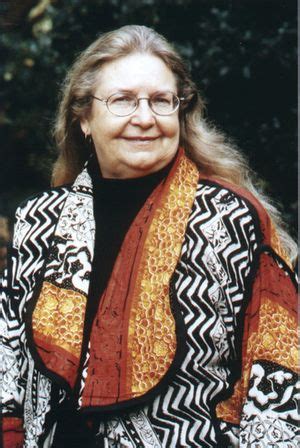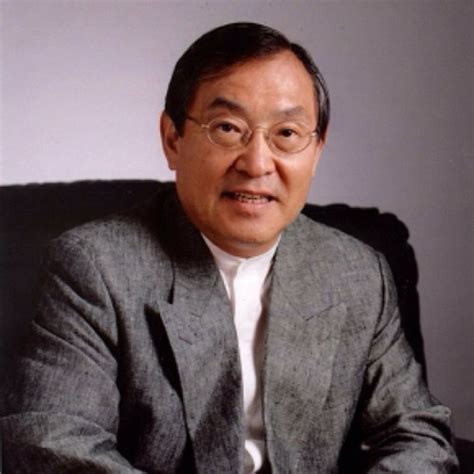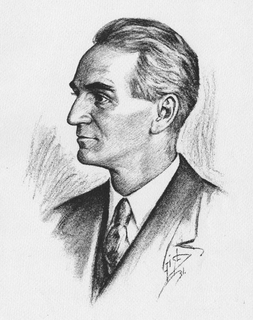A Quote by Anne Wilson Schaef
Differences challenge assumptions.
Quote Topics
Related Quotes
If others tell us something we make assumptions, and if they don't tell us something we make assumptions to fulfill our need to know and to replace the need to communicate. Even if we hear something and we don't understand we make assumptions about what it means and then believe the assumptions. We make all sorts of assumptions because we don't have the courage to ask questions.
We have a tendency to make assumptions about everything! The problem with making assumptions is that we believe they are truth. We could swear they are real. We make assumptions about what others are doing or thinking-we take it personally-then we blame them and react by sending emotional poison in our word. That is why whenever we make assumptions, we're asking for problems. We make assumptions, we misunderstand, we take it personally, and we end up creating a whole big drama for nothing.
Your assumptions are your windows on the world. Scrub them off every once in a while or the light won't come in. If you challenge your own, you won't be so quick to accept the unchallenged assumptions of others. You'll be a lot less likely to be caught up in bias or prejudice or be influenced by people who ask you to hand over your brains, your soul or your money because they have everything all figured out for you.
Dialogue is a space where we may see the assumptions which lay beneath the surface of our thoughts, assumptions which drive us, assumptions around which we build organizations, create economies, form nations and religions. These assumptions become habitual, mental habits that drive us, confuse us and prevent our responding intelligently to the challenges we face every day.
To challenge the dominance of identity politics, we need to champion an alternative universalist approach. This wouldn't mean bland similarity, with everybody talking and looking the same. Instead, it would help us challenge the imposition of formal, ethnic categories and allow us to develop richer differences based on character and interests.

































